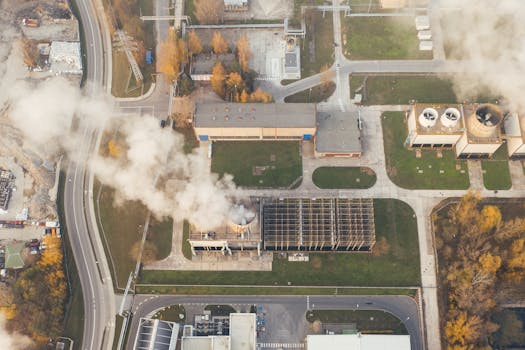
Climate Change and Global Ecosystems
Climate change is one of the most pressing issues of our time, with far-reaching consequences for the health of our planet. Climate Change is having a profound impact on global ecosystems, affecting everything from the polar bears of the Arctic to the coral reefs of the Great Barrier Reef. In this article, we’ll explore the effects of climate change on global ecosystems and discuss what we can do to mitigate them.
What is Climate Change?
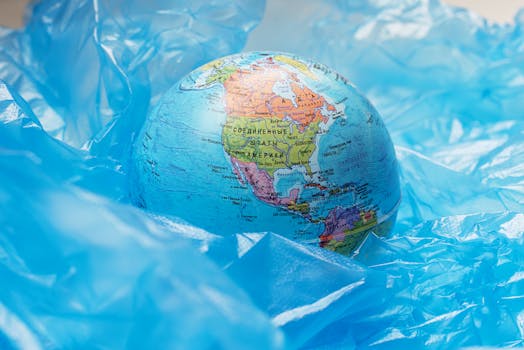
Climate change refers to the long-term warming of the planet due to an increase in average global temperature. This warming is primarily caused by the increasing levels of greenhouse gases in the Earth’s atmosphere, such as carbon dioxide and methane, which trap heat from the sun and prevent it from being released back into space. Human activities such as burning fossil fuels, deforestation, and land-use changes are significant contributors to the increase in greenhouse gases.
The Impact of Climate Change on Global Ecosystems
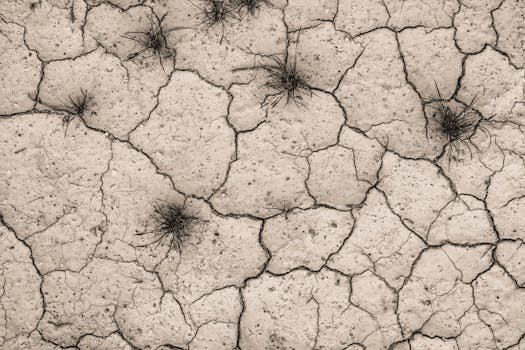
The effects of climate change on global ecosystems are widespread and varied. Some of the most notable impacts include:
- Rising sea levels and coastal erosion, which threaten the homes and habitats of millions of people and animals
- Changes in precipitation patterns, leading to droughts in some areas and floods in others
- Increased frequency and severity of heatwaves, wildfires, and other extreme weather events
- Loss of biodiversity, as many species are unable to adapt to the changing climate
Case Studies: The Effects of Climate Change on Specific Ecosystems
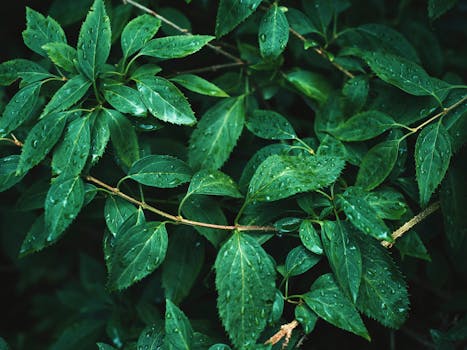
Let’s take a closer look at the effects of climate change on a few specific ecosystems:
- Coral Reefs: Rising sea temperatures are causing coral bleaching, which is when the coral expels its algal symbionts and turns white. This can be fatal to the coral and has already caused significant damage to reefs around the world.
- Polar Regions: The Arctic is warming at a rate twice as fast as the global average, causing sea ice to melt at an alarming rate. This is having a devastating impact on polar bears, seals, and other species that rely on the ice for survival.
- Forests: Changes in precipitation patterns and increased temperatures are causing droughts and heatwaves, which can lead to forest fires and the loss of biodiversity.
What Can We Do to Mitigate the Effects of Climate Change?
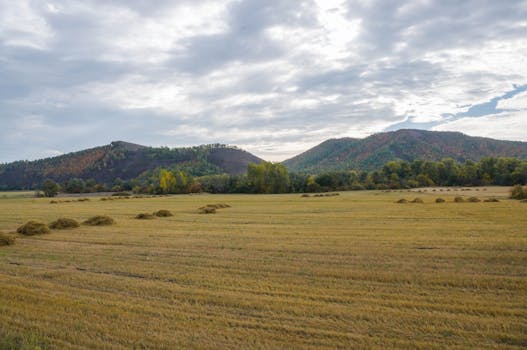
While the effects of climate change are widespread and significant, there are many things we can do to mitigate them. Some of the most effective strategies include:
- Reducing Greenhouse Gas Emissions: By transitioning to renewable energy sources, increasing energy efficiency, and electrifying transportation, we can significantly reduce our greenhouse gas emissions and slow the rate of climate change.
- Protecting and Restoring Natural Ecosystems: Preserving and restoring natural ecosystems like forests, wetlands, and oceans can help to sequester carbon dioxide and protect against the effects of climate change.
- Supporting Climate Change Research and Development: Continued research and development are critical to understanding the effects of climate change and developing effective strategies for mitigation and adaptation.
Conclusion
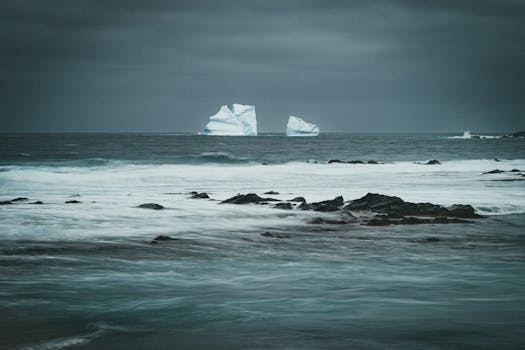
In conclusion, climate change is having a profound impact on global ecosystems, affecting everything from polar bears to coral reefs. While the effects are significant, there are many things we can do to mitigate them. By reducing greenhouse gas emissions, protecting and restoring natural ecosystems, and supporting climate change research and development, we can help to ensure a healthy and sustainable future for our planet.






